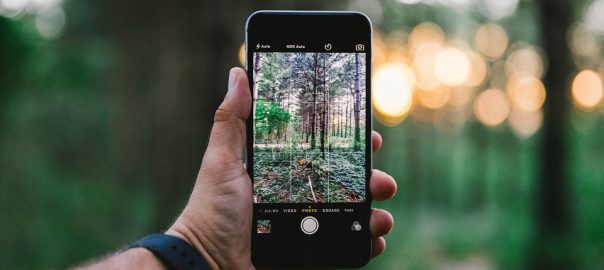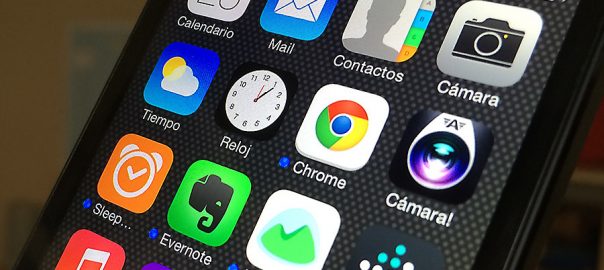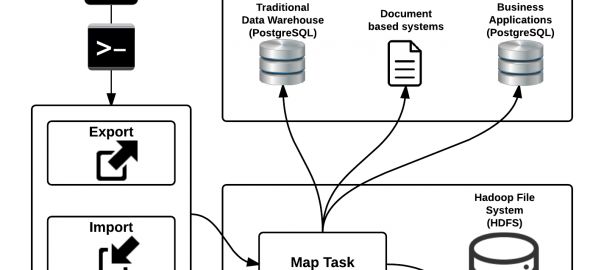I started this series of blog with my concerns at the amount of data that exist today. You can read the blog here.
After this blog i took the hat of an astrologer and started prediction…😀. My prediction one can be read as a blog here.
My second prediction can be read here.
My third prediction can be read here.
You have a variety of mobile covers available today…
Have you seen a mobile cover which allows you to cover the cameras in your mobile phone at will?
I don’t think so… i predict mobile covers allowing users to close these cameras or cover these camera at will (in their control)…
You would have heard of mobile signal jammer (without your knowledge it distorts mobile signals so that your mobile phone just cannot be connected to make calls or SMS)… something similar will come to make sure that we can either distort the camera pictures when not in use or have a mobile cover (not from phone manufacturer but someone else… or might be from phone manufacturer themselves) which can be used to completely cover the mobile phone cameras (front and back camera)…
You might think that… what does this has to do with data…
Again, this is because today you allow apps to take pictures and records video without knowing when they will do it by themselves… who knows that at a particular time of day, they just wake up and start recording videos or take pictures…
I have already seen many colleagues in my workplace already started putting stickers on the laptop camera… what they don’t realize is that, in their pocket or in their hand they have mobile phones which has dual camera having high density clear lenses capable of taking HD quality photos and videos….
I am not against collecting these data and letting companies deciphering these images or videos… but i am against vendors doing this without our permission… now you will say, these companies ask for our permission and we have already agreed to this, but my view is we did this only once and after that, just because you have allowed them to do this, they can misuse this under that license agreement…
In this series, i have one more prediction, thats in regards to voice command being used to control apps… i had this in my head for long… but now i have seen multiple bloggers started to write this as another intrusion into our private life… again we know this and we have agreed to it… but my issue is we don’t have any control on when these devices need to listen and when not…
So my last prediction is soon coming and i would conclude my series on this with that last one…
Thanks for reading… share it if you like/agree… 😀
Page Visitors: 202




